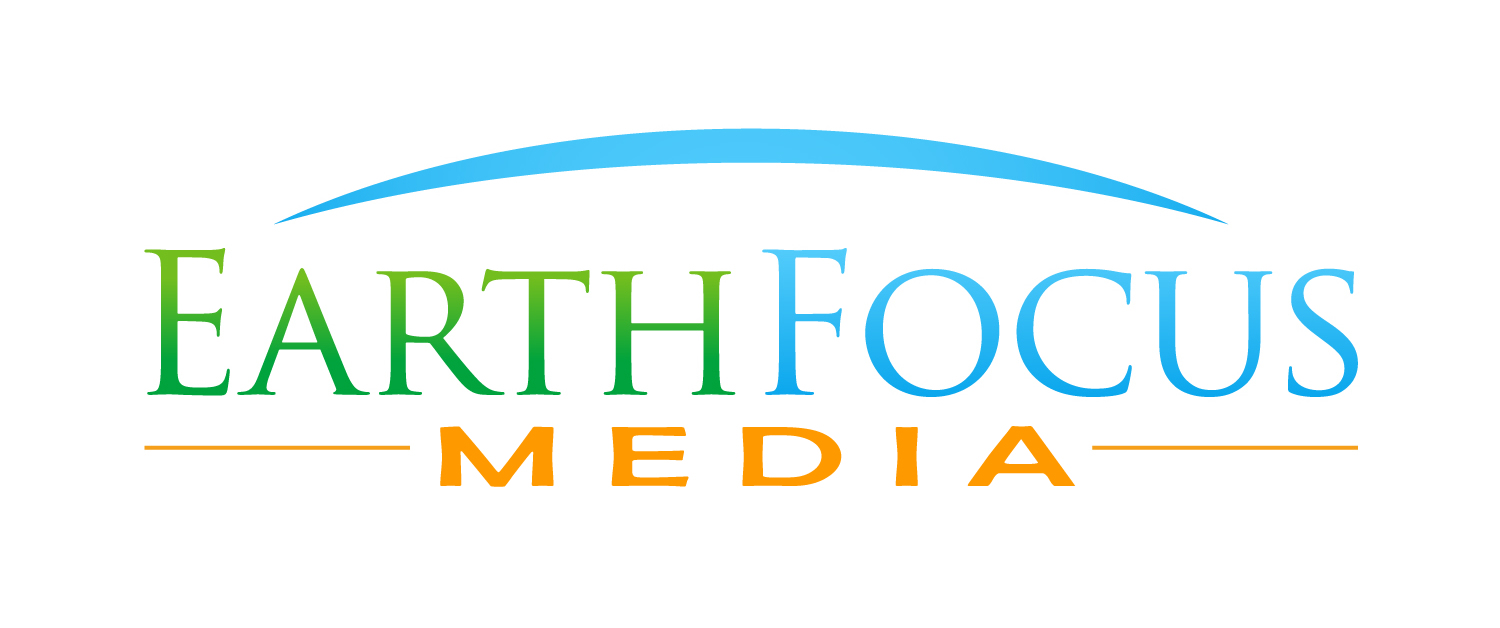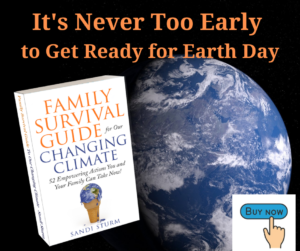It’s no secret that the United States is the biggest plastic polluter in the world. If you ever venture out to Costco or any grocery store, you see cases and cases of single use plastic water bottles heading home with the shopper. And it is safe to say that this is not a one time purchase.
Humans use 1 million water bottles per minute.
A single plastic bottle takes up to 1/3 of the size of the bottle in petroleum to produce. So a 9 ounce single use bottle uses up to 3 ounces of petroleum. Not to mention that it takes 3 times the water to make the bottle than is in the bottle.
Now for some good news
During 2021 a bit of legislation was passed around the US to reduce plastic pollution. While the bottles are usually part of local recycling programs, according to the US EPA, only 30% are actually recycled. So recycling is no longer the answer.
Governor Jay Inslee, Washington State, signed a law to ban polystyrene products (foam coolers, peanuts). Customers must also request single use utensils, straws, and other single use plastics instead of the establishment piling them into the to-go bag or on the table. The bill also mandates minimum post-consumer content in plastic bottles, including things like your shampoo and cleaning supplies. Yay Governor Inslee.
California went after manufacturers who place the chasing arrows and the word recyclable on items that aren’t actually recyclable. They also removed mixed plastic waste, that are exported to other countries, from their recycled accounting totals, which local governments were claiming to comply with state laws. Another bill requires products labeled as compostable to actually break down in real life situations, such as in the landfill. California always seems to be innovative in their approach to environmental issues.
While I normally like to report on successes and not “plans,” I thought we all need to study this and let our government officials know what we think.
On the national front, Senator Jeff Merkley (OR) and Representative Alan Lowenthal (CA) introduced the Break Free From Plastics Pollution Act of 2021.

See https://www.breakfreefromplastic.org/pollution-act/ for more information about the legislation and how you can contact members of congress to show your support, or ask questions.
Similar programs are being discussed by members of the United Nations. Once there are some success stories I will share them here. Just know that things are happening, and the best thing you can do is to refuse to buy as much single use plastics as you can.









